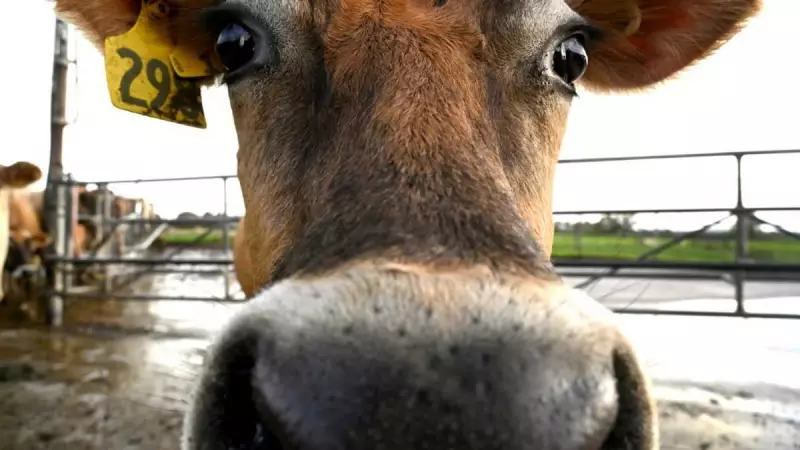
In a dramatic turn of events that's sending shockwaves through the agricultural sector, New Zealand's dairy farmers have made a controversial decision that's being labeled as 'utter madness' by industry observers.
The Landmark Deal That's Dividing the Farming Community
New Zealand's largest dairy cooperative has given the green light to sell its consumer dairy division to French multinational Lactalis, creating one of the most significant shifts in the country's agricultural landscape in recent memory. The deal, valued at a substantial undisclosed amount, represents a major consolidation in the global dairy market.
Why Farmers Are Speaking Out
The decision hasn't come without significant opposition from within the farming community. Many producers expressed deep concerns about handing over control of beloved local brands to foreign ownership. One farmer captured the sentiment perfectly, stating the move felt like "selling the family silver" to international interests.
Despite the vocal opposition, the cooperative's leadership managed to secure the necessary 75% approval threshold from its farmer shareholders. This narrow victory highlights the deep divisions within the agricultural community about the future direction of New Zealand's dairy industry.
The Economic Implications
Industry experts are divided on the long-term consequences of this acquisition. Proponents argue that the partnership with Lactalis provides:
- Access to global distribution networks
- Enhanced research and development capabilities
- Greater financial stability in volatile markets
- Opportunities for brand expansion internationally
However, critics warn that the consolidation could lead to reduced competition and potentially lower payouts to farmers over time. The move also raises questions about the preservation of New Zealand's unique dairy heritage and brand identity in global markets.
What This Means for Global Dairy Markets
This acquisition positions Lactalis as an even more dominant player in the worldwide dairy industry. The French conglomerate, already one of the largest dairy companies globally, strengthens its foothold in the premium New Zealand dairy segment, known for its high-quality, grass-fed products.
The deal comes at a time when global food corporations are increasingly looking to consolidate their positions in key markets. New Zealand's reputation for producing some of the world's finest dairy products makes this acquisition particularly significant for the international dairy trade.
As the dust settles on this landmark decision, all eyes will be on how this partnership evolves and whether the promised benefits materialize for the New Zealand farmers who ultimately approved this controversial sale.





